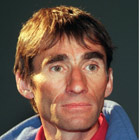Actor often cast as an 'English rose', she starred in Invasion of the Body Snatchers
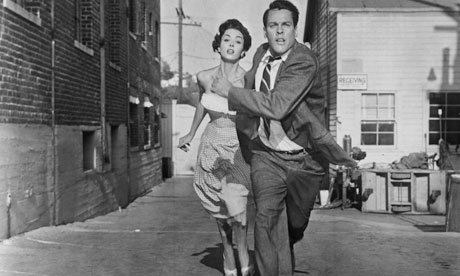
Dana Wynter and Kevin McCarthy in Invasion of the Body Snatchers, 1956.
It could be argued that the strikingly beautiful, dark-haired Dana Wynter, who has died aged 79, did not have the film career she deserved. One of the reasons may have been that she was under a seven-year contract to 20th Century Fox, a studio that gave her few chances to display her histrionic talents. As proof, Wynter's best film, Don Siegel's Invasion of the Body Snatchers (1956), was produced by Allied Artists, one of the "Poverty Row" studios. Nevertheless, it was Fox that made the demure Wynter into a star, featuring her in five rather hollow, self-important CinemaScope pictures. Some of her own frustration with her image is implied in D-Day: The Sixth of June (1956) when, as a British Red Cross worker, she tells a married American army captain with whom she is romantically involved: "You think I'm pure and angel-like because I'm English, my voice is crisp and my father's a brigadier. But I'm not pure and angel-like." Unfortunately, Wynter rarely had an opportunity to prove it. Perhaps that is what makes the ending of Invasion of the Body Snatchers so chilling – as the doctor (Kevin McCarthy) suddenly realises that Wynter, as the woman he loves, has turned into an inhuman pod person. Wynter, the epitome of the "English rose", was born Dagmar Winter, in Berlin, where her father, a celebrated surgeon, and her Hungarian mother were living at the time. She went to school in England and Southern Rhodesia (now Zimbabwe), and studied medicine at Rhodes University in South Africa. But after a year, she dropped her medical studies and returned to England, determined to take up acting. Credited as Dagmar Wynter, she appeared in bit parts in British films, and in two European-made Hollywood productions: The Crimson Pirate (1952) and Knights of the Round Table (1953). In 1953, aged 22, having gained an American agent, Wynter arrived in New York, where she immediately got work on television, prior to taking up her Fox contract in Hollywood. The studio first cast the unknown as a southern belle in The View from Pompey's Head (aka Secret Interlude, 1955), in which her beauty, rather than her acting, attracted notice. Playing an adulterous woman, Wynter found it hard to live up to the publicity: "Not since Scarlett and Jezebel has the south produced such a woman!" With a slight German accent and her hair lightened, Wynter was quite touching as a displaced woman in postwar Berlin who falls in love with an American army officer (Mel Ferrer) in Fräulein (1958). She gave a glimpse of what she was emotionally capable of in the same year's In Love and War, as a self-styled "rich tramp" who drinks and attempts suicide when abandoned by her soldier fiance (Bradford Dillman). Wynter's Fox contract ended with the British-made Sink the Bismarck! (1960), in which she played a briskly efficient Wren who helps to slightly loosen Kenneth More's stiff upper lip, by lending him a sympathetic ear. She was little more than decorative as Rock Hudson's white settler fiancee in MGM's Mau-Mau drama Something of Value (1957); as a daughter of a politician kidnapped by the IRA in Shake Hands With the Devil (1959); and as Lady Jocelyn Bruttenholm in John Huston's gimmicky whodunnit The List of Adrian Messenger (1963). The latter two films were shot in Ireland, where Wynter and her husband, Greg Bautzer, a divorce lawyer to many a Hollywood star, made their second home. They later divorced. Wynter played another aristocrat, this time opposite Danny Kaye, in On the Double (1961); she was bounty hunter Glenn Ford's wife in Santee (1973), her only western; and airport manager Burt Lancaster's neglected wife in Airport (1970), the film that initiated a cycle of disaster movies. After a relatively small role as Yves Montand's rich American wife in Jean-Paul Rappeneau's Le Sauvage (Call Me Savage, 1975), Wynter concentrated her energies on television, a medium in which she felt more comfortable and where expectations were lower. She had already made an impact as the wife of a double agent in 18 episodes of the series The Man Who Never Was (1966-67) and as a guest star in other shows. It was perhaps inevitable, given her list of uppercrust roles, that Wynter should portray Queen Elizabeth in the indigestible made-for-TV movie, The Royal Romance of Charles and Diana (1982). In the mid-1980s, she took up journalism and wrote the column Grassroots, about life in California and County Wicklow, for the Guardian. She is survived by her son, Mark. • Dana Wynter (Dagmar Winter), actor, born 8 June 1931; died 5 May 2011
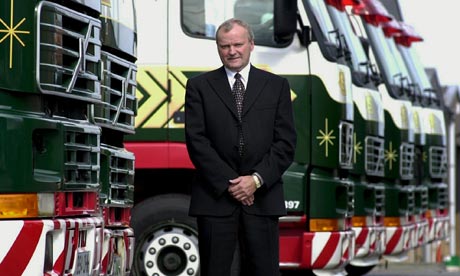
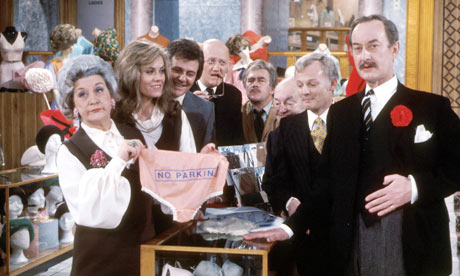
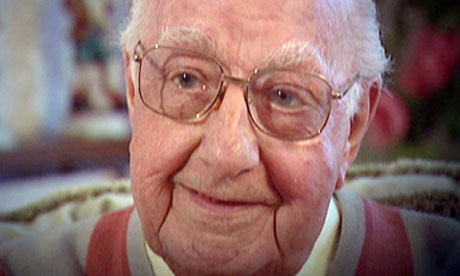
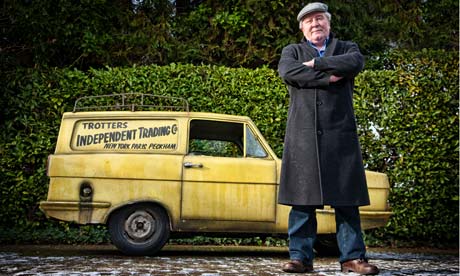
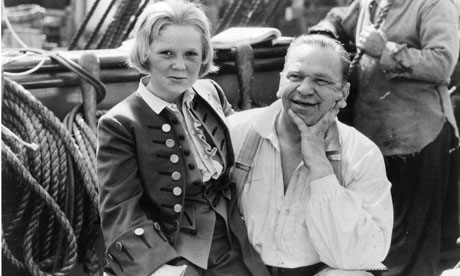 Jackie Cooper as Jim Hawkins with Wallace Beery as Long John Silver, on the set of Treasure Island (1934). They made four films together.
Jackie Cooper as Jim Hawkins with Wallace Beery as Long John Silver, on the set of Treasure Island (1934). They made four films together. 
